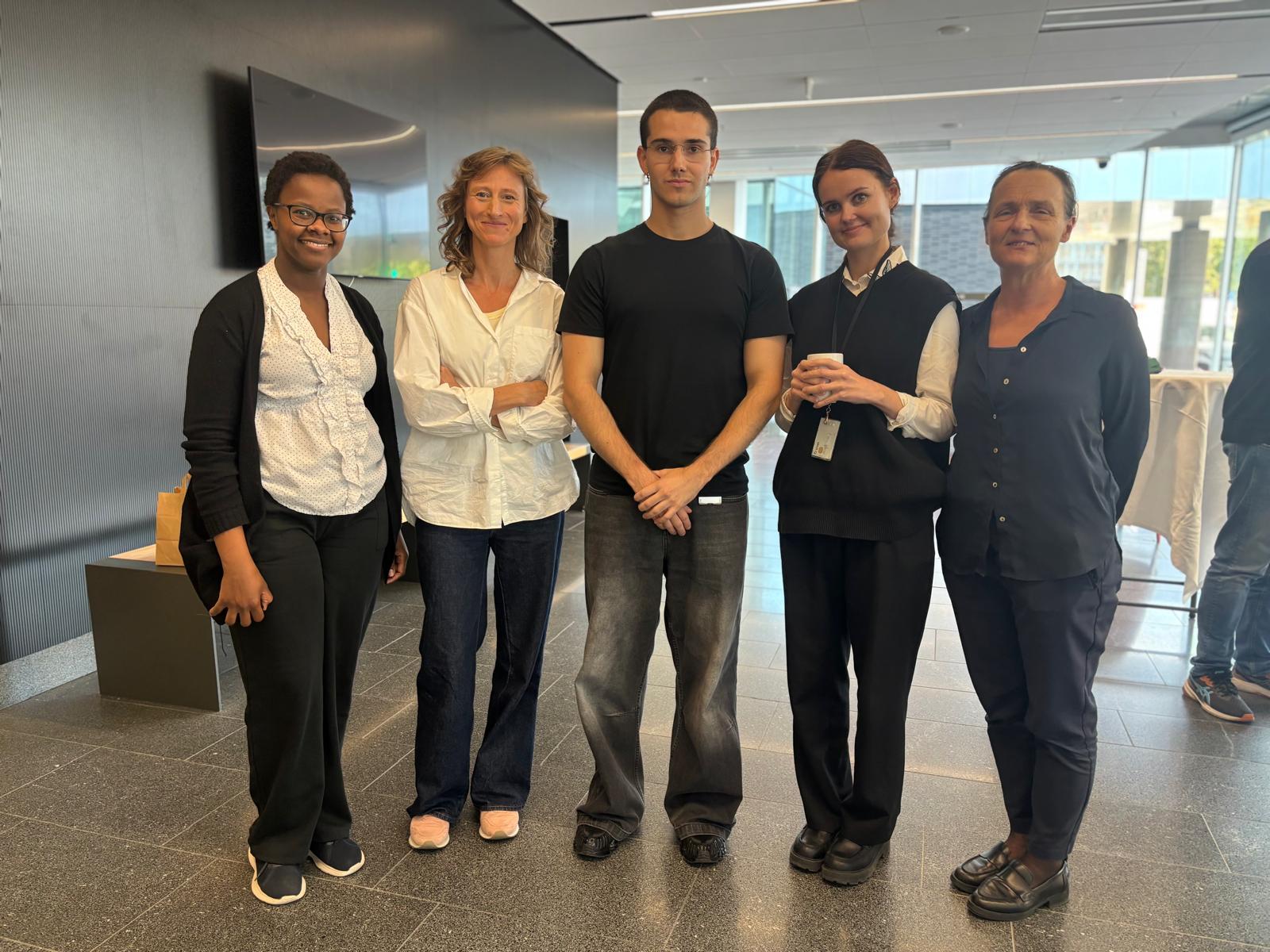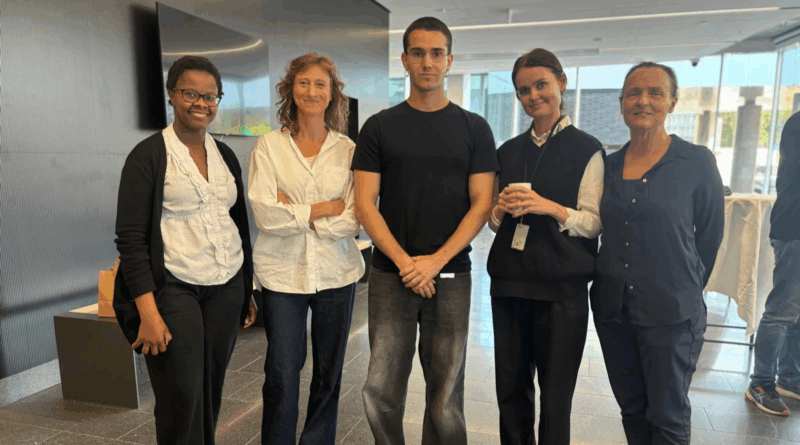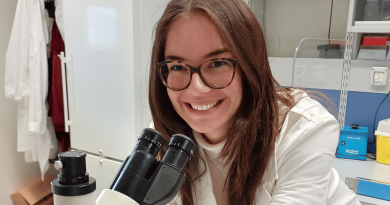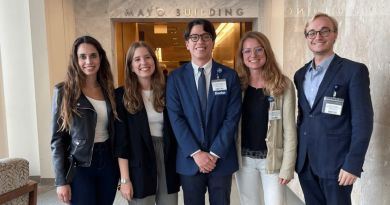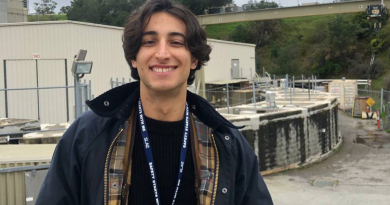Lab experience at the Karolinska Institutet, Stockholm – Federico Villa
Personal reflections lab rotation
Federico Villa, Virgilio 7° Cohort Student, UNIMIB
Federico Villa
Global Infections research group, Karolinska Institutet
01/09/2025 – 26/09/2025
When I told my parents that I wanted to spend one month in Sweden to deepen my knowledge of malaria, their response was “Does malaria still exists? And what do Swedes know about malaria?”
Not only malaria is still present, it also is the most common tropical disease in the world, with 263 million new cases and 597.000 deaths in 2023 alone.
Many people don’t realize how heavily malaria impacts the whole world simply because it affects mostly low-resource countries and communities. In particular, malaria affects Africa more prominently, a continent where, in 2024, 11 countries pledged to end malaria, declaring that “No one should die from malaria given the tools and the systems available”.
But the tools and systems available are becoming less and less effective: the rapid spread of antimalarial drug resistance, the emergence of Plasmodium strains that bypass current diagnostic procedures, and the expansion of Anopheles stephensi, a mosquito that thrives in urban areas rather than rural ones, are increasingly worrying challenges that threaten to roll back decades of progress against malaria.
In Sweden, a country that seems so distant from a disease long forgotten by the most, some of the best researchers in the world have made fighting malaria their mission.
Here at Karolinska Institutet, malaria is fought by studying it in its entirety: from developing better diagnostic tools, to exploring its immunologic profile, from establishing nationwide studies and screening program in migrants, to studying the appearance and spread of antimalarial resistance, from improving management of the disease, to delving deeper in its long-term complications.
In a world that seems to have forgotten malaria, simply because it affects those that we dare not see, we must raise awareness about its devastating consequences for global health.
We urgently need new antimalarial drugs, and better and more accessible diagnostic procedures.
And researchers at Karolinska are bringing us closer to these goals every day.
Only through extensive research we will be able to finally erase malaria and save millions of people from all around the world.
Otherwise, this disease, which has disappeared from the reach of our everyday lives, seems more than ready to return and strike harder than ever before.
I would like to thank my mentor, professor Paolo Bonfanti for his support, and professor Clementina Elvezia Cocuzza for helping me to get in contact with Karolinska Institutet.
I would also like to thank Fondazione Vollaro for its financial support, without which this experience would have been impossible.
